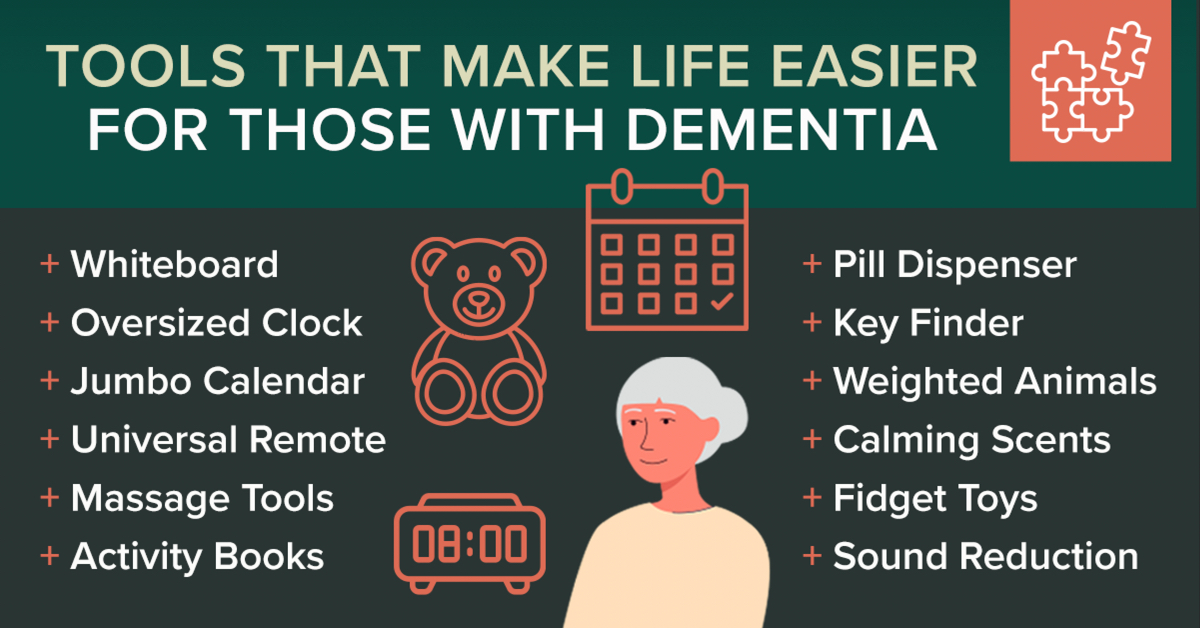If you’re caring for someone who has dementia, you know that they often need help completing, what used to be, simple tasks.
“Many of us at the Trail Ridge Home Care have personal experience with dementia, so we understand many of the challenges that come with the disease,” said Austin Blilie, Chief Operating Officer at Trail Ridges Home Care’s parent organization, ABHM. “While most people with early-stage dementia can continue to live independently, we know that daily tasks will eventually become more difficult. However, with a few simple tools, life can be easier for everyone.”
Blilie recommends:
Whiteboard – a big board with colorful markers can be used for maintaining lists and communicating important reminders.
Oversized digital clock – a simple, easy-to-read clock with programmable reminders is a good way to prompt them with daily routines, such as taking medications.
Jumbo print wall calendar – a calendar that’s easy to read and understand can help people with dementia keep track of time.
Universal big button TV remote – with only a few large, back-lit buttons, this remote can replace most standard TV controllers.
Automatic pill dispenser – a pill organizer/dispenser can help ensure the right meds are taken at the right time.
Key finder – this handy tool can help find keys, no matter where they might be.
Weighted blanket or lap pad – weighted or sensory blankets or lap pads can reduce anxiety, calm nerves, provide comfort and promote deep sleep.
Calming scents – scented candles, diffusers or essential oils an be used to create a calming, stress-free environment.
Fidget toys – they keep hands and minds busy in safe, soothing ways.
Sound reduction devices – earplugs or noise cancelling headphones will help reduce sensory overload, so they can stay calm and enjoy an outing.
Massage tools – handheld massagers or massage pillows can provide a sense of relaxation and comfort for those with dementia.
Activity books – coloring books or puzzle books promote cognitive stimulation and reduce boredom.
“It’s important to remember that every individual with dementia is unique – what works for one may not work for all,” Blilie said. “Be selective. Look for products that will meet your loved one’s unique needs, so that you can create a supportive and nurturing environment – one that will improve everyone’s quality of life.”
For more information about in-home Alzheimer’s care services, visit TrailRidgeHomeCare.com
